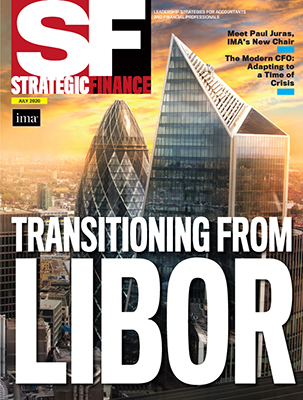One major change would allow an auditor to audit both a parent company and “a sister company” under common control as long as the sister isn’t “material” to the parent company. This is seen as helping private equity companies in particular. They’re also aided by a second change that would compress the “look back” period from three years to one year prior to an initial public offering during which the private company had an independent auditor.
Jason Mulvihill, chief operating officer and general counsel of the American Investment Council, which represents private equity companies, says these and other changes are needed because the current rules impose “disproportionate transaction costs on private equity firms, the funds they advise, existing or prospective portfolio companies of the funds, and ultimately, the funds’ investors.”
Catherine Ide, senior managing director of professional practice and member services at the Center for Audit Quality, says she, too, supports the addition of a “materiality” standard: “The current definition in our view expands beyond those entities that are reasonably likely to pose independence concerns with respect to an audited entity.” Others argue the amendments will likely increase choice of qualified audit firms.
Public interest groups, however, argue the changes are unwarranted. Barbara Roper, director of investor protection at the Consumer Federation of America (CFA), opposes the addition of the “material” qualifier. “In other words, the Commission proposes to put the audit firm and audit client—the two parties with the least incentive to take a hard line on independence—in the position of deciding whether something compromises auditor independence,” Roper says.

July 2020



